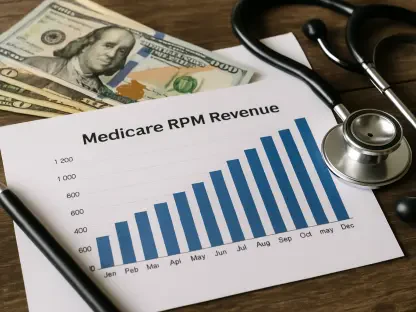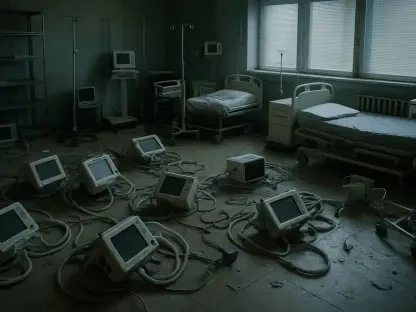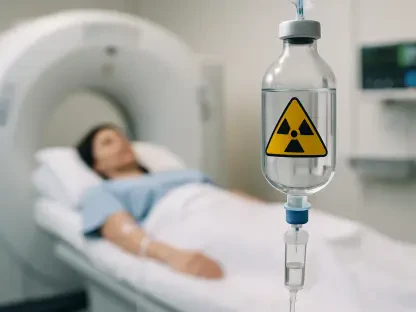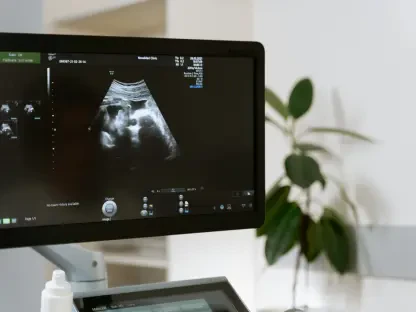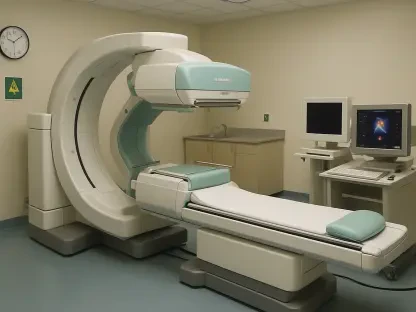Sepsis is a critical medical emergency that can cause organ failure and death if not promptly treated. Recognizing the importance of accurate real-time data management, Worcestershire Acute Hospitals NHS Trust has brought attention to the challenges posed by their electronic patient record (EPR) system. Since implementing Altera Digital Health’s Sunrise EPR system, the Trust has experienced difficulties in capturing real-time observations for sepsis patients, a crucial element in managing this medical condition.
Addressing Real-Time Data Challenges
Sepsis is a pressing concern in healthcare, with clear evidence pointing to the necessity of precise data handling for better patient outcomes. The trust’s clinical and digital teams are actively collaborating to rectify the identified issues. Sarah Shingler and Jules Walton—chief nursing officer and acting chief medical officer, respectively—highlighted these data discrepancies in a recent board paper. The goal is restructuring sepsis screening workflows, retraining staff, and improving documentation practices.
The task and finish group, an initiative formed to tackle this issue, is diligently examining aspects of the EPR system that need refinement, including processes, equipment necessities, and training efficacies. Although sepsis mortality rates have remained within acceptable ranges, the focus on proper data management underscores the commitment to not just maintaining but enhancing clinical care standards.
Enhancing Sepsis Care Through Technology
The deployment of the Sunrise EPR system to adult inpatient wards in 2023 and its subsequent extension to emergency departments in November 2024 were strategic moves aimed at elevating patient care quality through superior data visualization. Despite the hurdles encountered, the Trust remains optimistic about the EPR’s potential in transforming patient care.
Rachael Fox, executive vice president at Altera Digital Health, has voiced her support for the Trust’s approach. She underscored that the EPR’s ability to pinpoint inconsistencies is instrumental in fostering care improvements. Altera is actively partnering with the Trust to ensure that the EPR system continues to support effective and safe patient care practices. This collaboration is pivotal in addressing the real-time data challenges, thereby aiding in swift, data-driven decision-making crucial for sepsis management.
The Broader Context: Sepsis in Healthcare
Sepsis remains a global healthcare challenge, a fact widely acknowledged in various reports including those from the National Confidential Enquiry into Patient Outcome and Death and the World Health Organization. In England and Wales, statistics from ONS show a significant 63% increase in sepsis-related deaths between 2018 and 2023, highlighting the critical need for accurate and timely data to enhance patient outcomes.
The proactive stance of Worcestershire Acute Hospitals NHS Trust in addressing EPR-related issues reflects a broader commitment to continuous improvement in patient care. This holistic approach, which includes forming dedicated task groups and involving cross-functional teams, is all about enhancing the quality of care for sepsis patients. Ensuring that sepsis screening remains efficient and reliable is paramount, and this initiative marks a significant step towards achieving that goal.
Moving Forward for Improved Patient Outcomes
Sepsis is a life-threatening medical condition that can lead to organ failure and death if not addressed promptly. Timely recognition and treatment are crucial, underscoring the need for precise real-time data management. Worcestershire Acute Hospitals NHS Trust has highlighted challenges associated with their electronic patient record (EPR) system, emphasizing its importance in critical care scenarios. They have specifically noted difficulties since adopting Altera Digital Health’s Sunrise EPR system. This system reportedly struggles to capture real-time observations for sepsis patients, which is vital for effectively managing the condition. Accurate and immediate recording of patient data is essential to identify and treat sepsis in its early stages, helping healthcare providers save lives. Yet, the current system’s shortcomings pose significant risks, indicating a need for improvements in technology and processes to better support medical staff in managing such emergencies.


